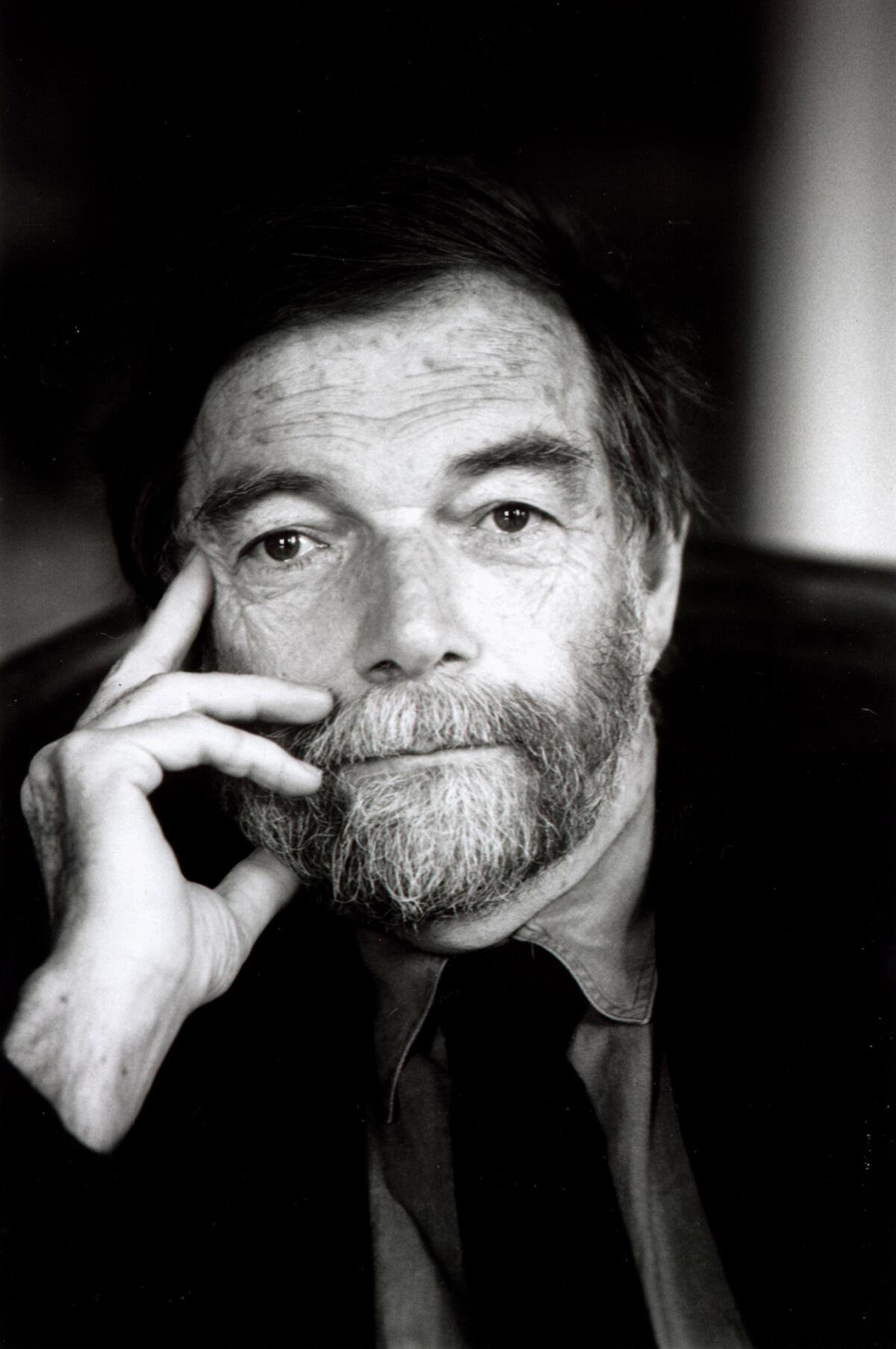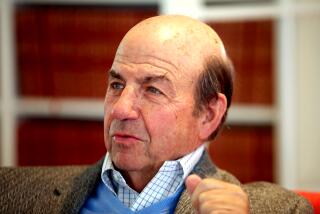Andre Schiffrin dies at 78; book publisher founded New Press

When André Schiffrin — who died in Paris on Sunday of pancreatic cancer at age 78 — was fired in 1990 as editor in chief of Pantheon Books, it was regarded as a loud shot in the war between commercialism and quality in American publishing. There were protests, op-ed pieces; in response, Schiffrin’s bosses pointed out that Pantheon had lost $3 million in his last year at the helm.
In his nearly three decades at the imprint, Schiffrin worked with writers including Jean-Paul Sartre, Marguerite Duras and Gunter Grass, but in the end, he was brought down by his unwillingness to scale back his list or reduce his staff. Two years later, he would found the New Press as an independent nonprofit, publishing books that “promote and enrich public discussion and understanding of the issues vital to our democracy and to a more equitable world.”
That the forces against which he was pushing back are now firmly entrenched only highlights Schiffrin’s significance both as a publisher and as a public figure, a linchpin in a particular sort of culture war.
Schiffrin was a culture warrior from the beginning. Born in Paris, the son of a Jewish publisher, he fled with his family to the United States during World War II. After attending Yale and Cambridge, he took a job at Pantheon, where his father had landed; he became editor in chief in 1963.
During the Vietnam War, he signed a pledge refusing to pay taxes to support the military effort, seeing the publisher’s role, primarily, as one of engagement. Books, in other words, were not commodities so much as expressions — of creativity, of conscience — and publishing was less a business than a public trust.
All that, of course, now seems naively charming in a world where Amazon wants to deliver books by drone. But Schiffrin’s ethos offers a cautionary model to us all. In his later years, he wrote a series of books, including the 2007 memoir “A Political Education: Coming of Age in Paris and New York,” but perhaps his most resonant work remains “The Business of Books: How the International Conglomerates Took Over Publishing and Changed the Way We Read.”
Released in 2000, it offered a look back at his career, as well as a critique of contemporary publishing, with its emphasis on chasing trends and money, in which books “have become mere adjuncts to the world of mass media, offering light entertainment and reassurances that all is for the best in this, the best of all possible worlds.”
[For the Record, 8:31 a.m. PST Dec. 2: An earlier version of this post misspelled Andre Schiffrin’s name as Schriffrin.]
ALSO:
Three unpublished JD Salinger stories leaked?
Doris Lessing reveled in her status as a contrarian
More to Read
Sign up for our Book Club newsletter
Get the latest news, events and more from the Los Angeles Times Book Club, and help us get L.A. reading and talking.
You may occasionally receive promotional content from the Los Angeles Times.







